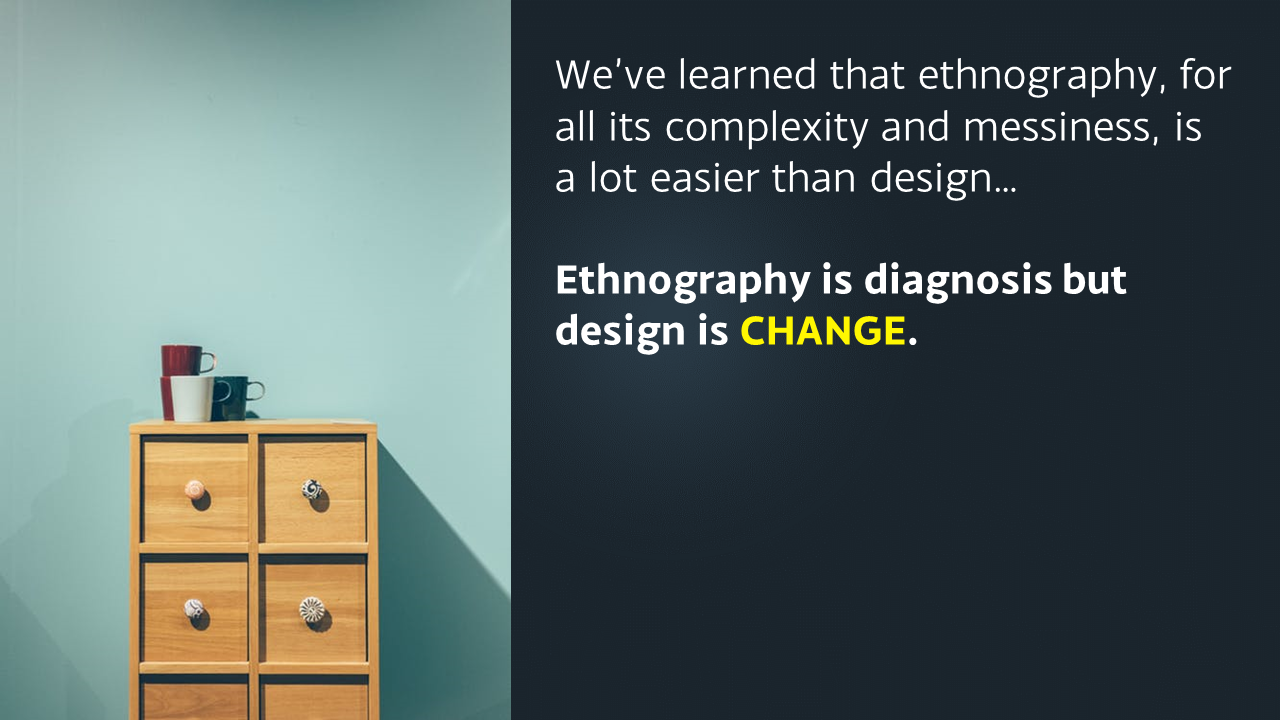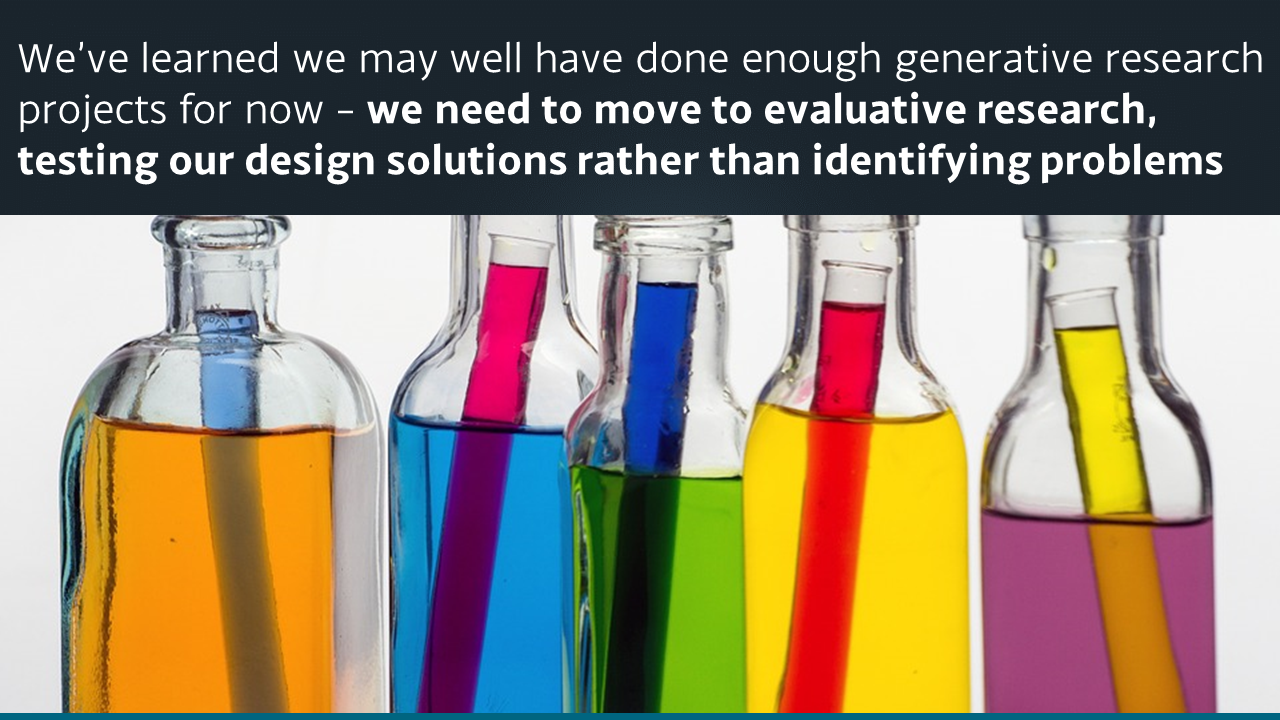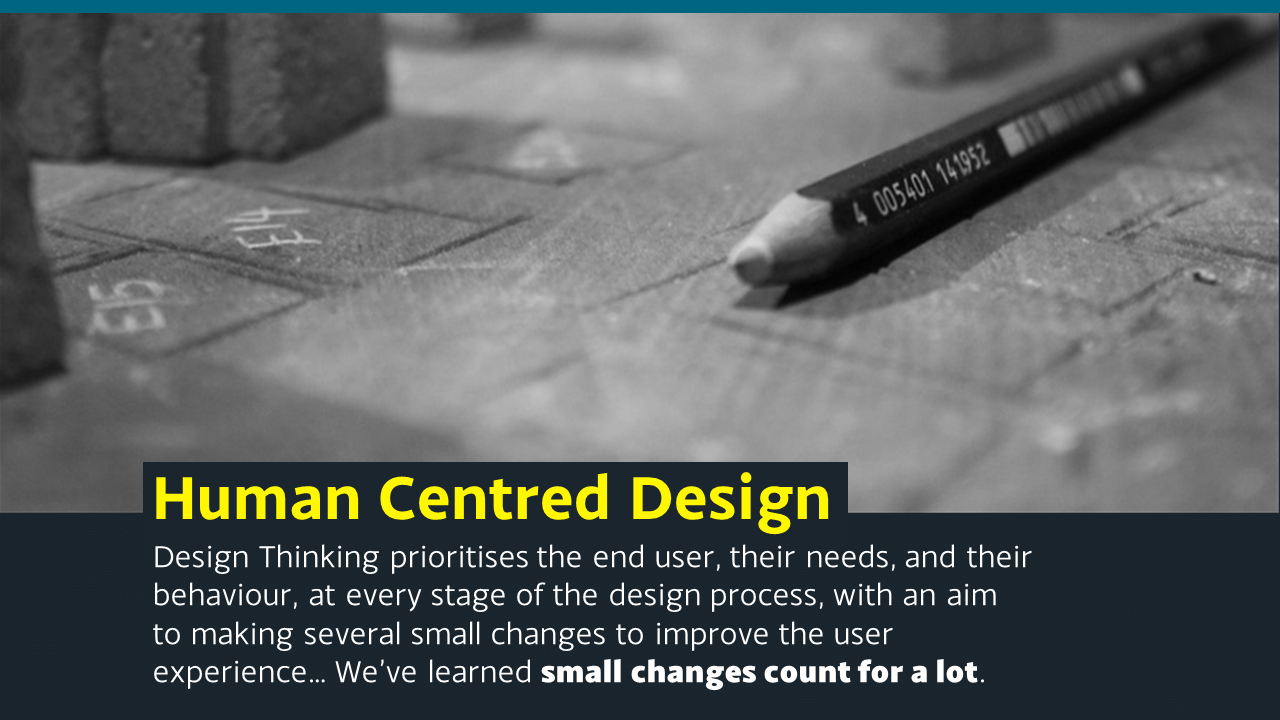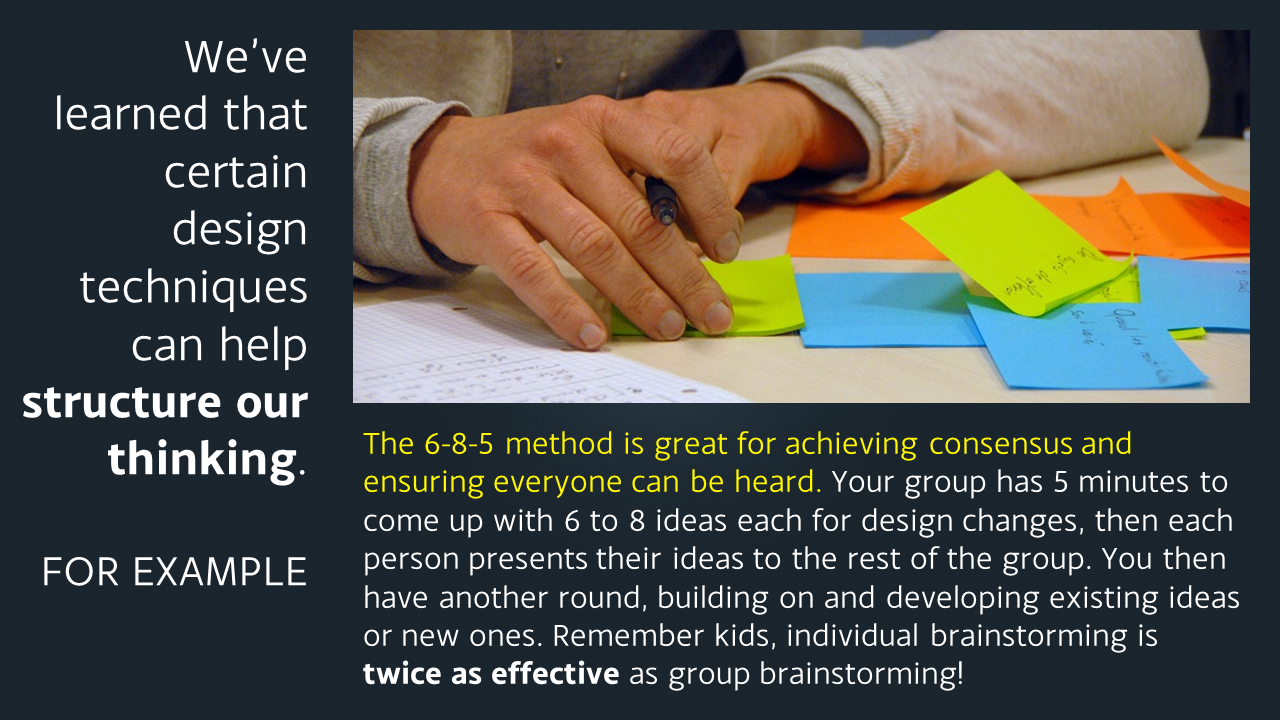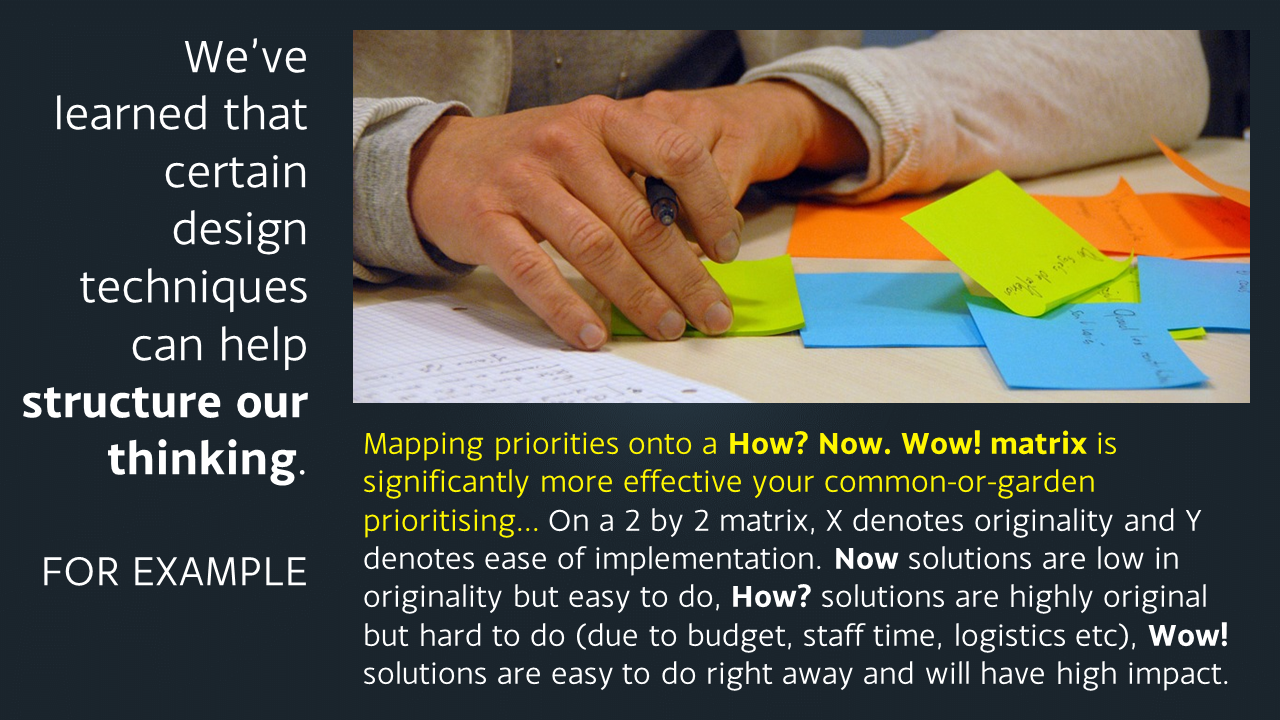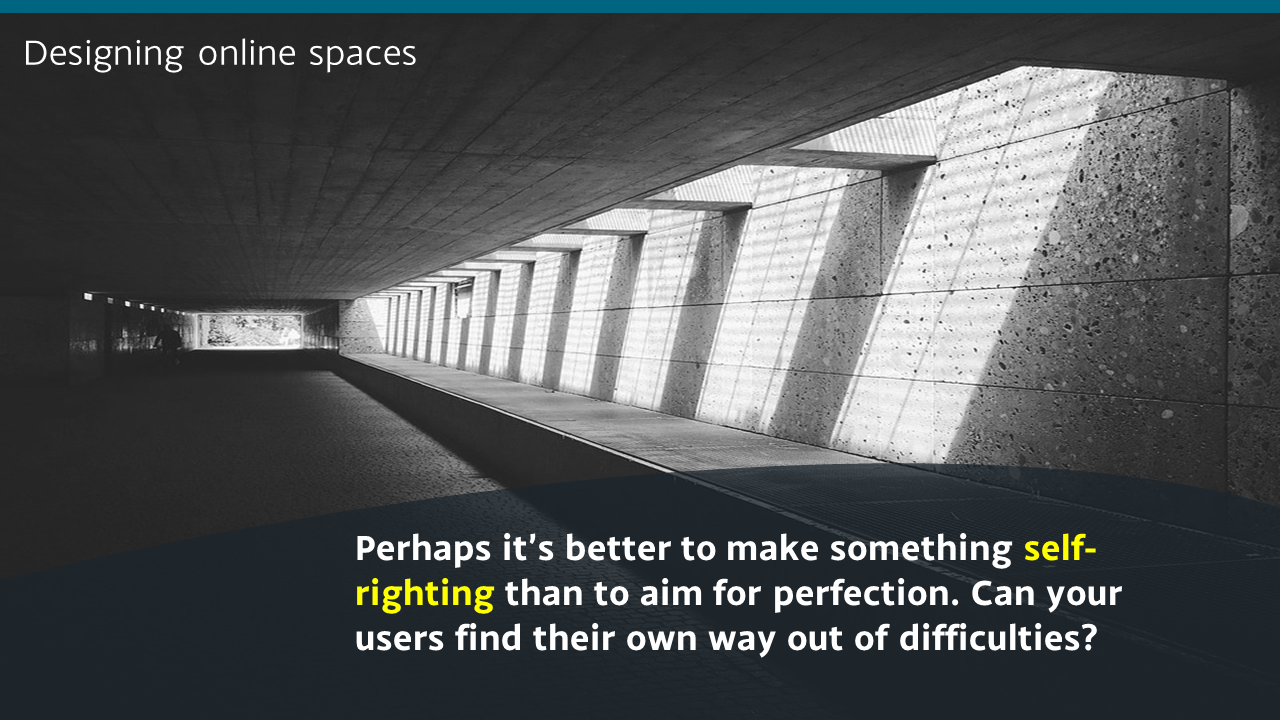There’s been plenty of debate in the academic community over whether or not people should boycott the US under the current administration. The Guardian has a piece on it, Inside Higher Ed has a longer piece on it – American Libraries Magazine references the academic boycott but adds nothing about librarians doing the same thing. I’ve not seen much on this topic from an information-professional point of view. Maybe that’s just because we don’t travel around as much as academics – but seeing as the current US Government will, if there’s no kind of intervention in the meantime, probably be in charge for at least 8 years (Trump is tweeting about ‘voter fraud’ not because any part of him believes it’s an issue, but because it needs to be seen as an issue to justify what he does next – and what he does next will inevitably make it harder to get rid of him, via voting reforms) then it’s bound to come up for a bunch of librarians at some point.
I had accepted an invitation to give a keynote at a library conference in the US this year. It was arranged a long time ago, before Trump was voted in. Since his first week in office I’ve been agonising over what to do about this. I really want to go and do the talk. I’ve found a way to do the talk without breaking my ‘no more than 2 nights away from the kids’ rule. I know some info pros have done so many keynotes that they no longer get worked up about them, but I’ve done three keynotes in my life and still find it incredibly exciting; it was a huge honour to be asked. I’ve worked with the organistion running the conference and I love working with them, have loved interacting with their members. And when a country is under increasingly fascist rule from a President the majority didn’t vote for, you don’t want to turn your back and leave them isolated – you want to stand with them and support them. I wanted to go and talk with a group of librarians who, in all probability, feel exactly the same way about the current political happenings as I do.
However. Trump’s presidency is, in my view, the worst thing to happen to the world in my lifetime. I am so sick of looking at groups of extraordinarily wealthy middle-aged white men sitting around celebrating signing away the rights, prospects, livelihood, health and future of anyone who isn't essentially just like them. Pretty much everything the current administration has done since taking over is abhorrent. So to visit the country for work would seem like a tacit acceptance or legitimising of the regime. Somewhat analogous to visiting South Africa under apartheid. And in all honesty, I’ve been worried about getting in. Applying for a visa is complicated enough, but I’ve now read countless reports of people either getting turned away or interrogated at length, having their phones confiscated, and so on, including an author who was entering on the exact visa I’d be coming in on, to do more or less the exact same thing I’d be doing. So all in all, I felt conflicted.
I asked a handful of people I really respect, both inside and outside librarianship, what they’d do. They pretty much all said I should go (except for two people, one of whom, Myron, wrote this piece about it). There are lots of compelling arguments for going, not least standing with the librarians in the US. Going into Trump’s domain and speaking out against him from within. Plus the thing that came up time and again was: nothing good comes from NOT going.
The Guardian piece linked above puts it like this: “The crucial question to be answered is: what would such an action achieve?” The thing is, I don’t agree that this IS the crucial question. The crucial question is, is it the right thing to do? I'm usually quite pragmatic but it’s not JUST about cause and effect. Do the right thing because it’s right, not because of the impact it may have. And for me, the crucial aspect of the crucial question is really this: should I as a white non-Muslim man use the accidental privilege of being born in the right place to visit a country that others can’t get in to? And the answer is, no I should not. I cannot. Were it not for the travel ban I think I’d be persuaded by the arguments for going, but as it is, in the same way I wouldn’t avail myself of a business or eatery that wouldn’t serve others based on their skin colour or religion, neither can I enter a country others can’t.
Laura Woods wrote a great piece comparing US conferences with UK conferences, which chimed with a lot of my experiences. At the end she says “I would not judge a fellow professional for deciding to travel to the US” and that’s how I feel too, but I can’t quite get to the bottom of why I wouldn’t judge someone… I know that if people have to go for work – as in, they’re expected to go by their employer, rather than my situation where I’d be going in my own time – then it’s totally understandable to still go. And I know US Conferences are, as Laura details in the post, basically amazing, and hugely enriching experiences. I'd hate for new professionals to miss out on the amazing ECCA award from the SLA that I benefitted from back in 2011.
So, I don't feel like I have the answers here. I know there's a line for me personally in my particular circumstances, and the current US administration have put me way past that line. But I don't feel it's all so clear-cut as to be able to declare 'none of us should be travelling to the US', by any means. I hope that at the very least, every info pro with an opportunity to visit the US has the conversation with themselves over what to do, and I hope they find it easier to find the right answer than I did… And if, like I did, you find yourself wrestling with the ridiculousness of reducing a global catastrophe to your own moral dilemmas around travel, don’t be too hard on yourself – we all have to deal with these things as they impact on us, whilst acknowledging that of course they impact on millions of others to a far greater extent.

